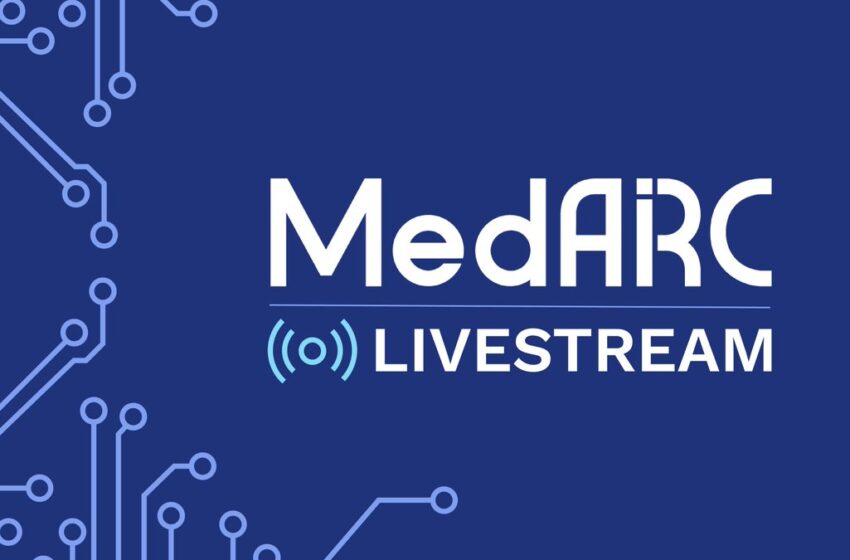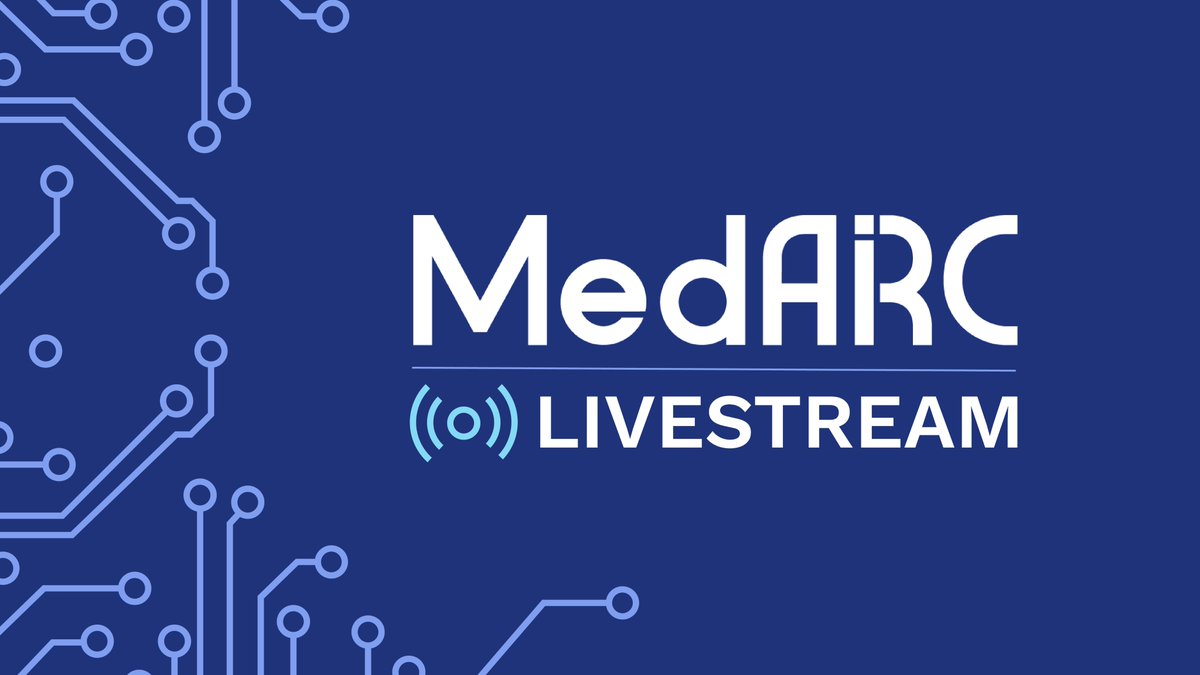19-year-old launches artificial intelligence research organization

 Medical AI Research Center (MedARC) is focused on an open, and collaborative approach to healthcare AI research
Medical AI Research Center (MedARC) is focused on an open, and collaborative approach to healthcare AI research
A 19-year-old AI researcher of South Asian origin has launched a cutting-edge artificial intelligence research organization —Medical AI Research Center (MedARC) — focused on an open, and collaborative approach to healthcare AI research.
“I believe AI is the next frontier of medicine. By creating an open AI medical research community, it will help to fully explore the potential of AI for clinical applications,” said founder CEO Tanishq Mathew Abraham.
MedARC is especially interested in developing large AI models similar to ChatGPT, Stable Diffusion, etc, also called “foundation models”, but specifically for clinical applications, according to a press release.
Read: Will robots replace doctors in surgery rooms? (July 19, 2022)
Abraham, a 5th-year Biomedical Engineering PhD candidate at University of California Davis researching applications of AI to pathology and microscopy, has teamed up with renowned data scientist and medical AI researcher, Jeremy Howard.
Howard. believes that MedARC’s vision will address critical challenges in the field of medical AI, “MedARC’s focus on open source research and foundation model development will fill two of the biggest gaps currently holding back AI from achieving its full potential in medicine.”
Prior to joining the doctoral program, he completed his biomedical engineering degree at 14 from UC Davis. From a very young age, since 9-years-old, Abraham has always been interested in the intersection between medicine and technology, and he aims to make a positive difference in this world by developing new technologies to improve clinical outcomes.
He has presented his work at several prestigious conferences such as SPIE Photonics West, an ICML workshop and BMES, and has co-written a chapter in the book “Artificial Intelligence and Deep Learning in Pathology,” according to the release.
Abraham has contributed to many open-source projects such as DALL-E mini and fastai. He is also an instructor in the well-attended fast.ai course.
Abraham is also a part-time employee at Stability AI. In addition to his role leading MedARC, he serves as a researcher for fast.ai and CarperAI and EleutherAI both of which are Stability AI supported research communities.
Stability AI, the London-based company behind the Stable Diffusion tool, serves as MedARC’s main partner, providing compute resources, funding, and expertise to help its researchers.
“Stability AI is excited to support open-source AI research that aligns with its mission of ‘AI for the people, by the people,’” Emad Mostaque, CEO of Stability AI, stated,
“Next generation foundation models will transform healthcare as they have in other sectors and we are delighted to support MedARC,” he stated. “Tanishq and Jeremy are forces of nature and we look forward to seeing the community collaborate and flourish to make advances meaningful to humanity.”
MedARC also announced its partnership with Stanford Center for Artificial Intelligence in Medicine & Imaging (AIMI) to lead projects in self-supervised learning and foundation models for medicine.
MedARC believes that AI research for medicine has the potential to revolutionize healthcare, and is excited to be at the forefront of this movement, according to the release.
Read: Stability AI Announces New Medical AI Research Org ‘MedARC’ (February 10, 2023)
Its goal is to work closely with the medical community to bring the benefits of AI to patients around the world, the release said. Its open approach includes sharing models and datasets, publishing results, and building a public community for contributions.
Some of the projects underway include real-time reconstructions of visual perception from fMRI under the leadership of Dr. Paul Scotti and fine-tuning stable diffusion for chest X-ray generation under the guidance of Dr. Akshay Chaudhari from Stanford University.
